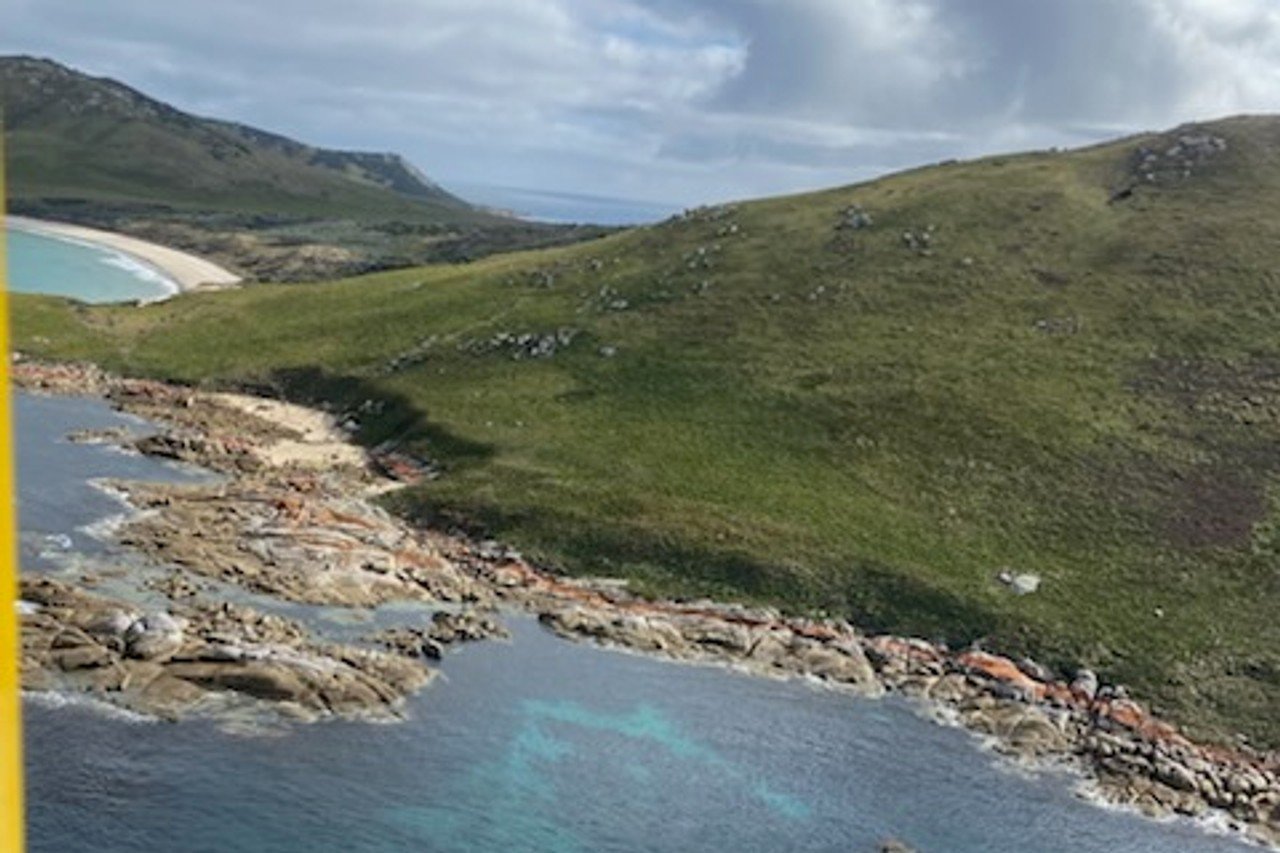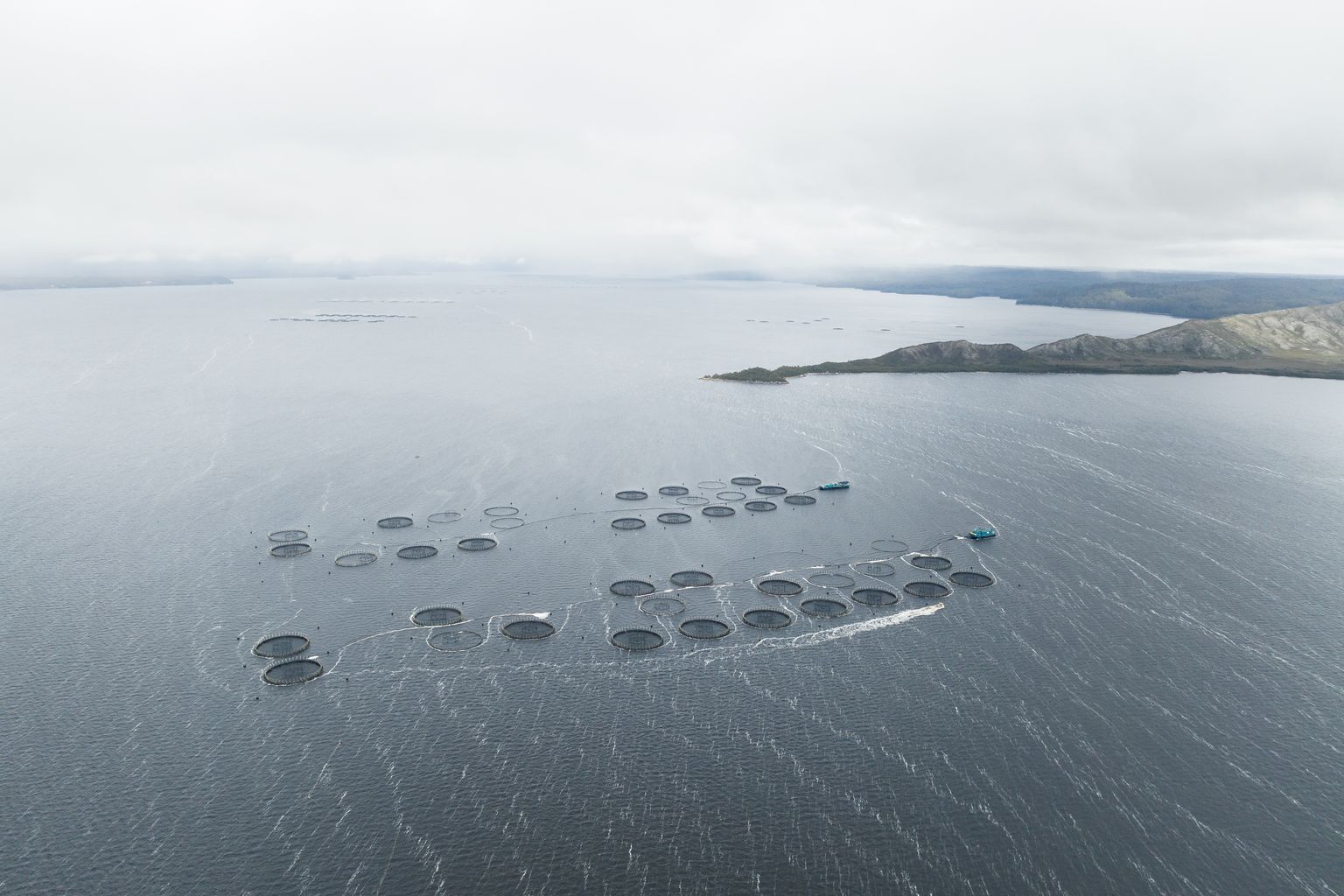Scuba divers exploring an 1883 shipwreck off the Tasman Peninsula have been stunned to discover an endangered pink handfish living there.
The recent expedition was organised by Scuba Diving Tasmania and Eaglehawk Dive Centre to mark the 140th anniversary of the SS Tasman’s sinking near Hypolite Rock.
Divers Brad Turner, James Parkinson and Bob Van Der Velde made the discovery 70 metres below the ocean’s surface, capturing incredible footage of the pink handfish using their pectoral fins like hands to move around the seafloor.
“We were there to explore the wreck, but the handfish stole the show,” diver Brad Tuner said.

“There was a fair bit of excitement when we returned to the dive site and spotted a second pink handfish, just 10 metres from the first.”
The crew’s discovery is one of “very few” recorded sightings of the pink handfish since the first in 1948, with scientists now suggesting the species is confined to deep waters.

The dive required specialised equipment, with the depth and strong, unpredictable currents making for challenging conditions.
“Very few divers have the equipment, training or skills to take on this dive,” Parkinson said.
Custom helium-based breathing gases were used to dive to the 70-metre depth, where the crew could only spend 25 minutes on the wreck before having to take a 90-minute decompression ascent.
IMAS Associate Professor Neville Barrett described the discovery as “remarkable and extremely valuable”.
“It gives us hope that the pink handfish have some deeper and cooler water refuge from the warming coastal waters that are threatening the existence of many Tasmanian marine species,” he said.
The 64-metre-long SS Tasman struck an uncharted rock and sank to the ocean floor early in the morning on November 30, 1883, laying undiscovered for over 100 years.







